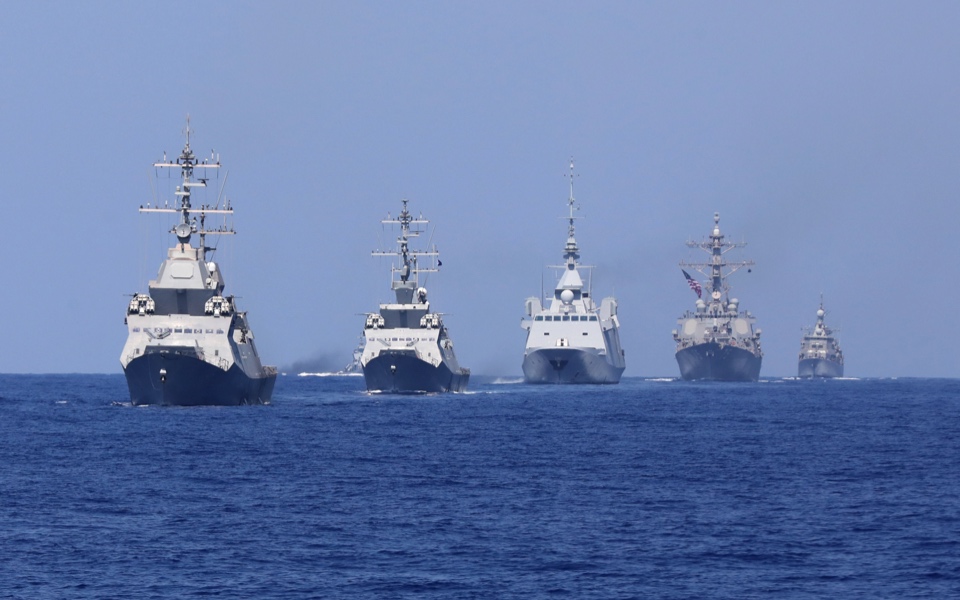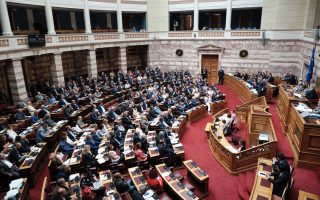National security in a tough neighborhood

Greece does not have the fortune of sharing a border with a country like Denmark or Luxembourg. It is part of a crucial stretch of the European Union’s external border and is expected to manage a wide range of challenges and threats such as ambitious neighbors, claims on its territorial waters, nationalism, big power rivalries, population shifts, international and domestic terrorism, traditional and new forms of crime, and natural and technological disasters.
As a consequence, Greece needs a sizable and effective national security department that will include ministries such as the Ministry of Foreign Affairs, the Ministry of National Defense and the Citizens’ Protection Ministry, but also key agencies including the Hellenic National Defense General Staff (GEETHA), the National Intelligence Service (EYP), the Greek Police (ELAS), the General Secretariat for Civil Protection, the Fire Department and the Hellenic Coast Guard.
This whole mechanism is faced with the task of fulfilling a series of objectives: keeping an increasingly nervous Turkey at bay and conducting multilevel preparations for negotiations that will have to be carried out at the right moment, with the best possible balance of power and with realistic objectives; contributing to the stabilization of the Balkans and the Eastern Mediterranean; border control and protection as well as management of migratory flows and treatment of the root causes of the problem on an EU level; fighting terrorism and crime; and preventing disasters such as the deadly wildfires in eastern Attica in 2018 and the 2007 fires in the Peloponnese as well as a range of other scenarios (for example pandemics or cyberattacks), also taking into account the impact of climate change.
However, apart from crisis management, there is the need for strategic planning on a national level.
Among Greece’s strengths at the moment is membership of the European Union and NATO, warm relations with powerful countries, regional alliances and the quality of its human resources. Among the downsides are financial restrictions, the need for upgrades to military equipment, the absence of a culture of coordination and cooperation between the different ministries, and the pressing need for swift adaptation to technological (and other) developments, organizational structures and operational schemes through institutional changes and important investments in the education and training of human resources.
The new government’s decision to establish a national security adviser was an interesting gesture. But the post will need to be entrusted with concrete responsibilities and means at its disposal in order to fill this significant void.
Thanos Dokos is director-general at the Hellenic Foundation for European & Foreign Policy (ELIAMEP).




